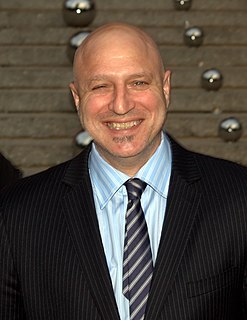A Quote by Betty Hill
You can't recover memories of a missing event. That's a fallacy.
Related Quotes
Scientists rightly resist invoking the supernatural in scientific explanations for fear of committing a god-of-the-gaps fallacy (the fallacy of using God as a stop-gap for ignorance). Yet without some restriction on the use of chance, scientists are in danger of committing a logically equivalent fallacy-one we may call the “chance-of-the-gaps fallacy.” Chance, like God, can become a stop-gap for ignorance.
You have your wonderful memories," people said later, as if memories were solace. Memories are not. Memories are by definition of times past, things gone. Memories are the Westlake uniforms in the closet, the faded and cracked photographs, the invitations to the weddings of the people who are no longer married, the mass cards from the funerals of the people whose faces you no longer remember. Memories are what you no longer want to remember.
Knowledge is the key to stopping the spread of AIDS. Yet millions of children are missing an education. Missing their teachers who have died of the disease. Missing from class as they stay home to care for their dying mothers and fathers. Children are missing your support. United for Children. Unite against AIDS.
The general nature of the speech act fallacy can be stated as follows, using "good" as our example. Calling something good is characteristically praising or commending or recommending it, etc. But it is a fallacy to infer from this that the meaning of "good" is explained by saying it is used to perform the act of commendation.


































